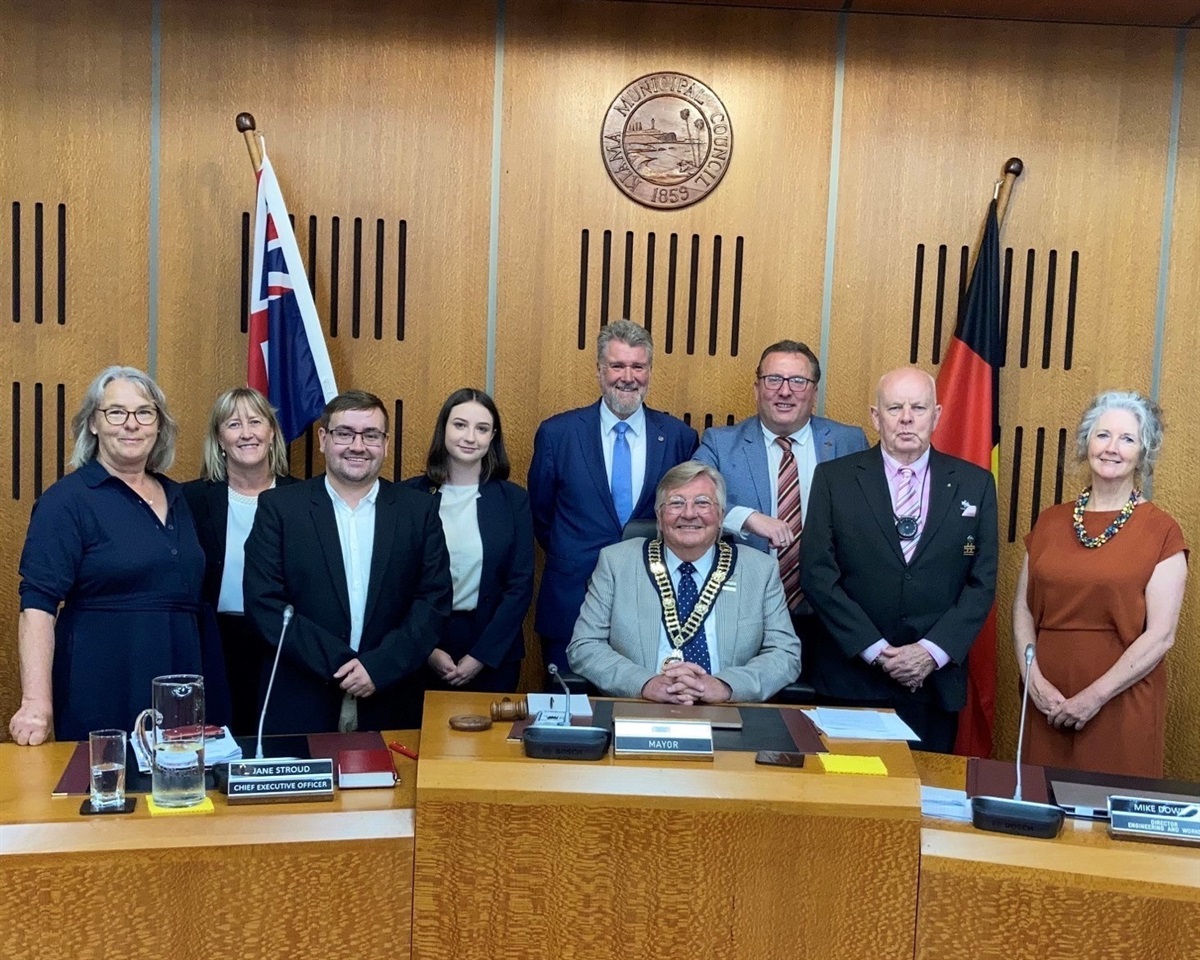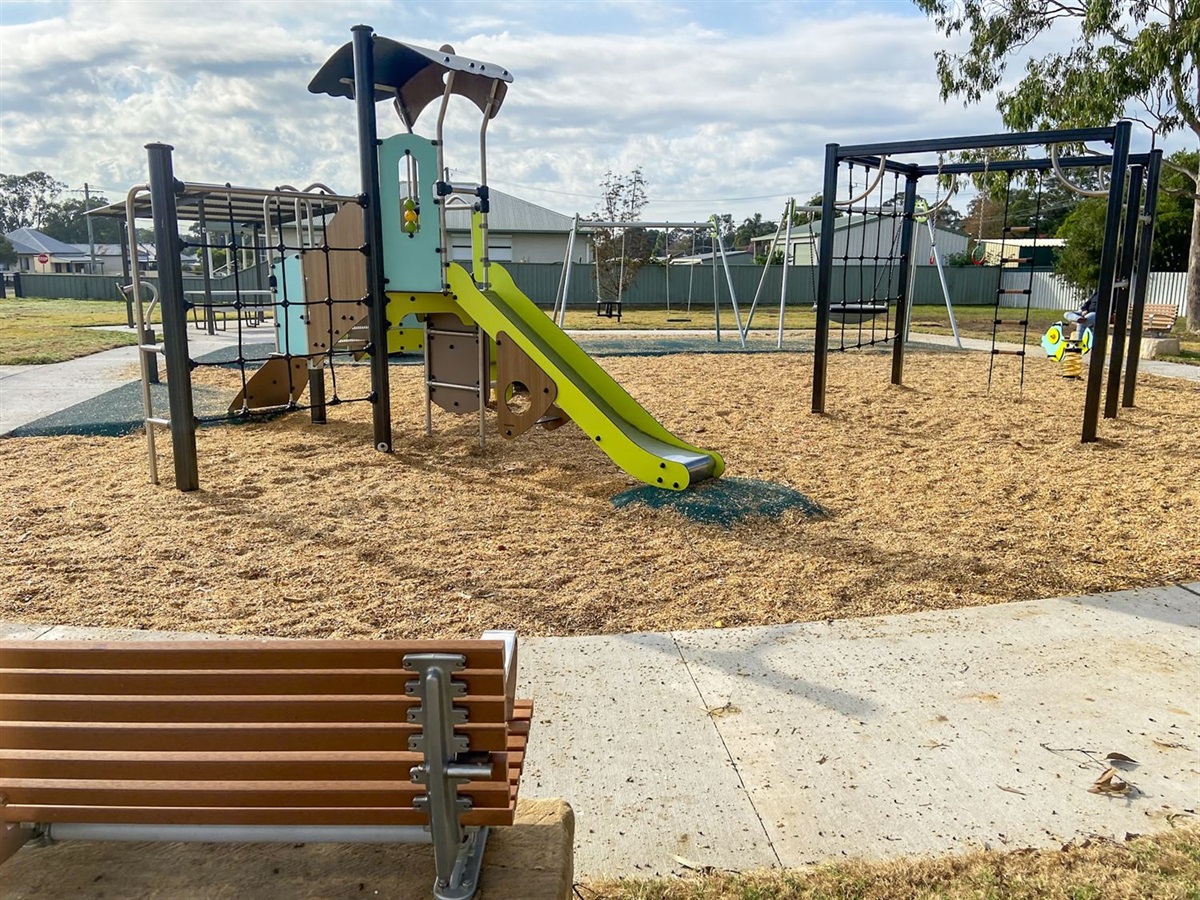CSIRO Chief Executive Dr Larry Marshall said the results showed what could be achieved with a Team Australia approach.
“While we still have a long way to go, and the technical challenges are enormous, these results show that when we each play to our individual strengths, from community groups, industry, government, and research organisations, and we take the field as Team Australia – then we can win.
“Through our recently launched Ending Plastics Waste Mission, we’re each keeping a laser sharp focus on bringing together the best of ourselves across science, innovation and technology, to clean up our oceans and beaches for all Australians.”
The study, published in the journal One Earth, builds upon CSIRO’s extensive coastal litter surveys completed in 2013, and includes 563 new coastal surveys, and interviews with waste managers across 32 local governments around Australia.
Lead researcher Dr Kathryn Willis, a recent PhD graduate from CSIRO and the University of Tasmania, said globally waste control was driven at a local level, so the research focussed on identifying which local government approaches had the greatest effect on reducing plastic pollution found on beaches.
“Our research set out to identify the local government approaches that have been most effective in reducing coastal plastics and identify the underlying behaviours that can lead to the greatest reduction in plastic pollution,” Dr Willis said.
“We were really surprised and excited to also find that there was on average 29 per cent less plastic on our beaches than in 2013 when similar surveys were conducted.
“Whilst plastic pollution is still a global crisis and we still have a long way to go, this research shows that decisions made on the ground, at local management levels, are crucial for the successful reduction of coastal plastic pollution.”
The study sorted local government waste management actions into three categories of how to prevent poor waste disposal. These categories were based on three established theories of human behaviour. These behaviours were:
- Planned behaviour – strategies like recycling guides, information and educational programs, and voluntary clean-up initiatives help reduce coastal litter.
- Crime prevention – waste management strategies such as illegal dumping surveillance and beach cleaning by local governments yield less plastic in the environment.
- Economic rationality – actions such as curbside waste and recycling collection, hard waste collections and shopping bag bans reduce local litter.
Retaining economic-based strategies across the six-year period had the biggest effect on reducing coastal litter. More economic waste management strategies led to comparatively cleaner coastlines.
CSIRO researcher and paper co-author, Dr Denise Hardesty, said that the research showed how quickly change could happen when effective waste management strategies were deployed.
“For example, household collection services, where there are multiple waste and recycling streams, makes it easier for community members to separate and discard their waste appropriately,” said Dr Hardesty.
“Our research showed that increases in waste levies had the second largest effect on decreases in coastal plastic pollution. Local governments are moving away from a collect and dump mindset to a sort and improve approach.”
Clean-up activities, such as Clean Up Australia Day and surveillance programs that directly involved members of the community were also found to be effective.
“Increasing community stewardship of the local environment and beaches has huge benefits. Not only does our coastline become cleaner, but people are more inclined to look out for bad behaviour, even using dumping hotlines to report illegal polluting activity,” said Dr Hardesty.
The study also showed municipalities that did not update their waste management strategies over time, or who removed their budget for coastal waste management had ‘dirtier coastlines’ over the six-year study period. However, municipalities that improved information about waste management on their website and increased coastal waste budgetary efforts showed significant decreases in plastic pollution along their coastline.
This research supports CSIRO’s Ending Plastic Waste Mission, which has a goal of an 80 per cent reduction in plastic waste entering the Australian environment by 2030.
Kathryn Willis recently completed her PhD at the University of Tasmania and is now a Fulbright Scholar at the University of Washington. Kathryn’s research was conducted with CSIRO Oceans and Atmosphere and supported by the National Environment Science Program’s Marine Biodiversity Hub.
The One Earth paper: Local waste management successfully reduces coastal plastic pollution








